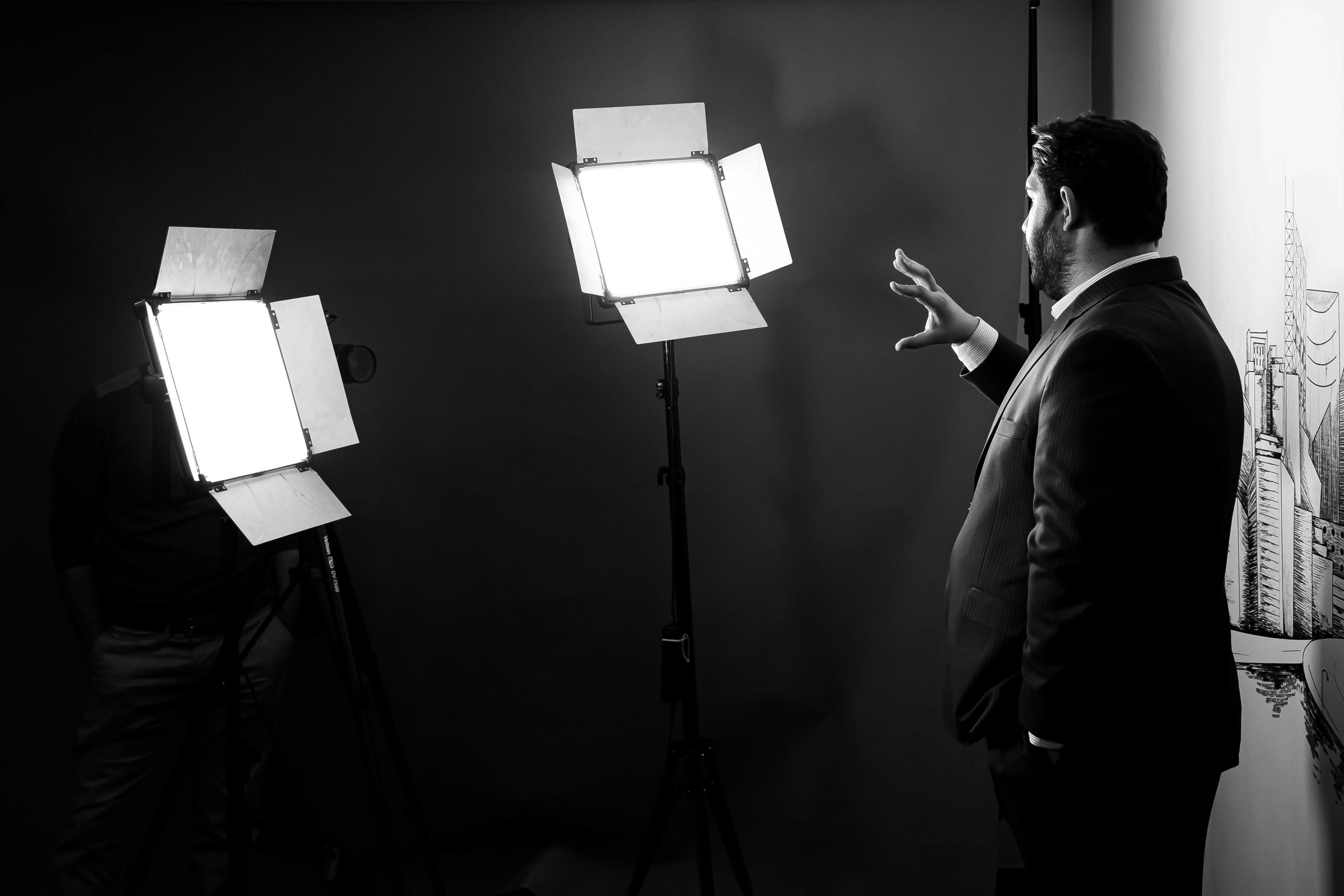5 Steps for Public Speaking
For Law Students and Mooters

Public speaking can be daunting, especially if you're a college student involved in debate club, moot court, or a law course in general.
Whether you’re presenting an argument, making a case, or simply speaking in front of an audience, having a few tips up your sleeve can make all the difference. Let’s dive into some tried-and-true advice to help you shine on stage and command attention.
1. Know Your Audience

Peter Drucker once said:
"The most important thing in communication is hearing what isn't said."
And that is something that every speaker should understand before giving their speech. Your audience is just as important to your speech than the speech itself. This also reflects on how they they respond, and their attentiveness.
That's why before you start crafting your speech, take a moment to understand your audience. What are their interests? What do they value? Tailoring your message to resonate with them can make your speech more engaging and impactful. Build it around them, otherwise it's as good as explaining the beauty of quantum mechanics to a class of kindergarteners.
2. Practice, Practice, Practice

It’s a cliché for a reason. Practicing your speech helps you get comfortable with the material and can significantly reduce anxiety. Try rehearsing in front of a mirror, recording yourself, or presenting to friends or family, and I guarantee you that it'll help, especially if you're having a mock trial for your class or speaking at a moot competition.
"It usually takes me more than three weeks to prepare a good impromptu speech."
3. Start Strong

Your opening is one of the most crucial aspects of your speech. Grab attention with a powerful quote, an interesting fact, or dive deep into your proposing argument in a moot (after the initial pleasantries of course). Make sure it relates to your main message and sets the tone for your speech.
As author and speaker Simon Sinek once said
"The first 30 seconds of your talk is the most important. If you don't grab their attention, they'll zone out."
And trust me, zoning out is the last thing you need happening at the beginning of a speech, especially during a debate.
4. Body Language Matters

Non-verbal cues are just as important as your words. Maintain eye contact, use hand gestures, and ensure your posture is open and confident. This helps convey confidence and keeps your audience engaged.
"Your body language shapes who you are."
So, remember to stand up straight, maintain eye contact and speak clearly, because a closed-off speaker equals to a closed-off audience.
5. Practice Active Listening

When you’re in a debate or a moot, listening is just as important as speaking. Pay attention to your opponents and understand their arguments. This will help you respond effectively and make your points more compelling.
"Most people do not listen with the intent to understand; they listen with the intent to reply."
Whether it's to other debaters or the judges of a moot competition, listening to questions and opposing arguments showcases to everyone present that you listen, understand and can respond with confidence.
